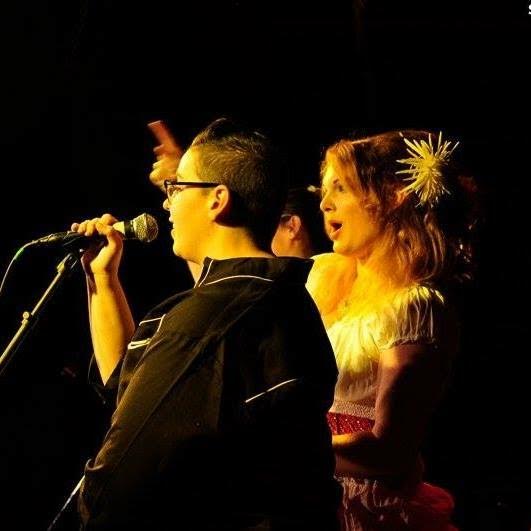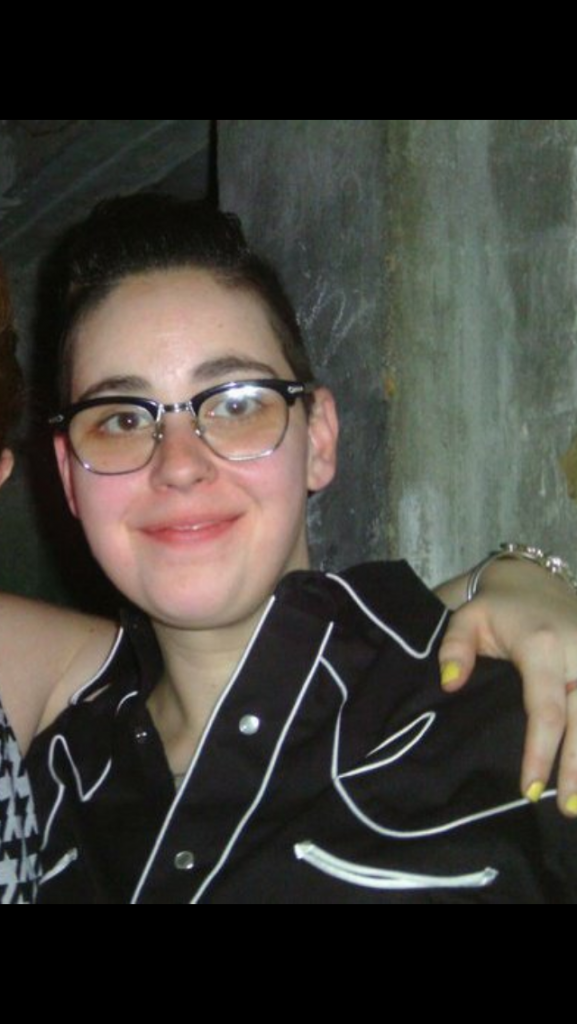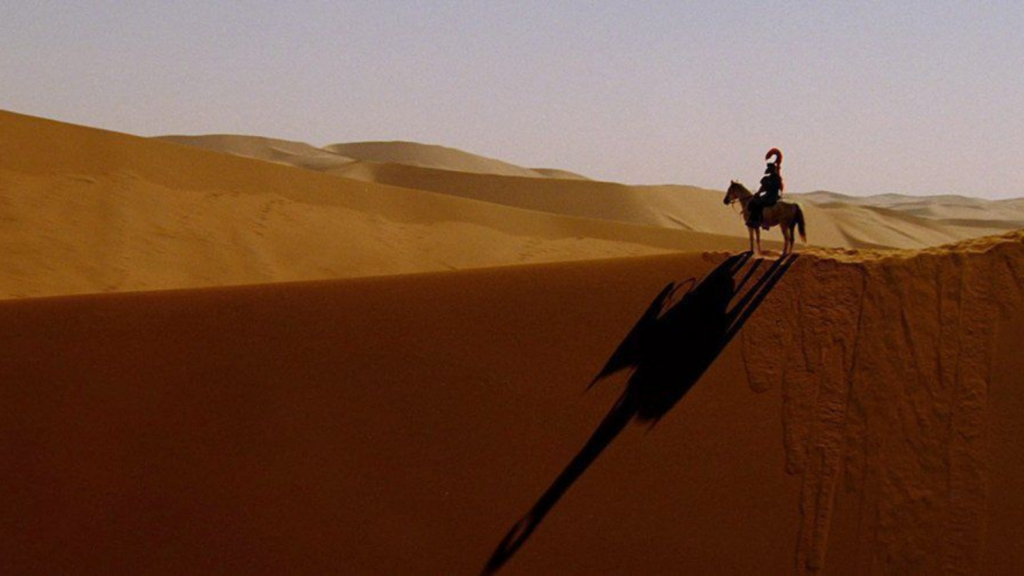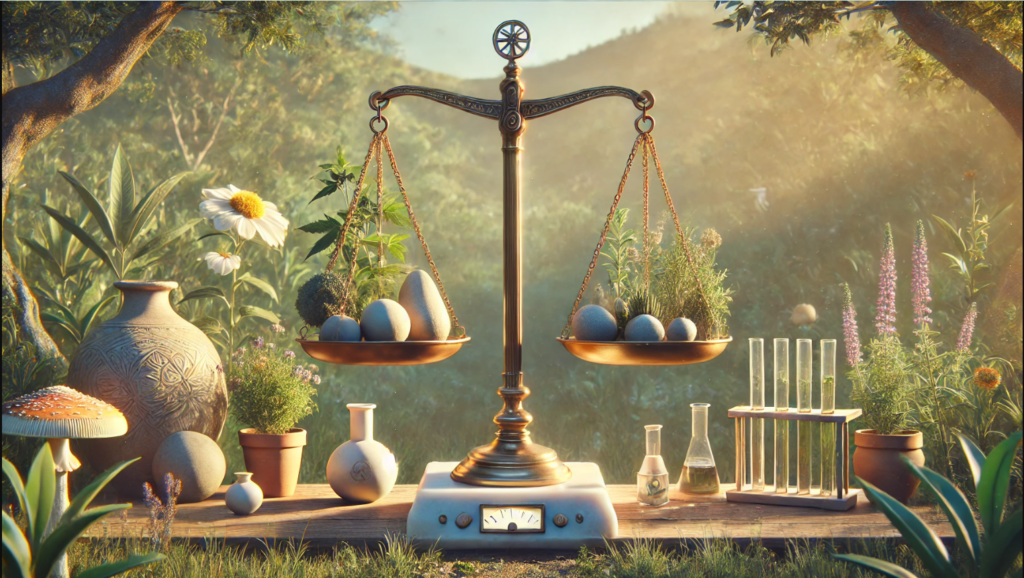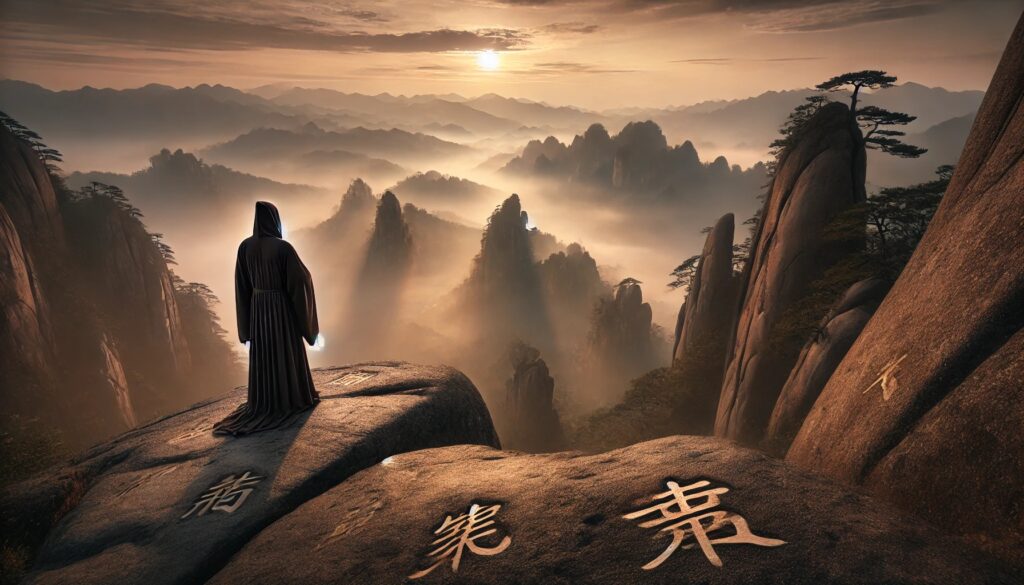To be queer in the American south is to live in a place where authority denies your life, liberty and pursuit of happiness.
They live where many still celebrate the Confederate flag. Local preachers threaten them with eternal hellfire, justifying rejection by family and community. The internet doesn’t reach all of them, and if it did many can’t afford it. Using a public bathroom can be a matter of life and death. Hillbilly jokes and shocking images of poverty are the stereotypes the world reflects back on them. They’re thrown in with the “those hicks” who elected Trump. But they have to survive at NRA ground zero amid an epidemic of opiate use and overdoses. They must try to find themselves, to find work, and love, under such adverse conditions few of them are able to flourish, and too many don’t survive.
As the world frets over America’s new president, we’re all wondering about the alchemy of culture. Some are moving to red states hoping to help change the demographic and people’s minds. Some are moving to other countries. Everyone is wondering how do we rise above the split personality that is America today. The answer as always is in the hands of writers, artists, filmmakers, musicians and craftspeople whose creations are key to reflecting society and the future. To change culture change consciousness. Arguably the greatest social catalyst of the mid 20th century hailed from Tupelo, Mississippi.
One of the failures of today’s American culture is how little encouragement there is for obscure talents. If you don’t rise through academia, or become a self promoting social media personality, it’s nearly impossible for people to find out you’re there. That problem is compounded if you live somewhere that rejects not only your creativity, but your very identity. The zine Electric Dirt and the Queer Appalachia collective that created it open a way to allow us all to discover a new generation of artists, writers and filmmakers from the south and Appalachia. Living in the jaws of the monster, they will share creations that could not be more timely.
Electric Dirt zine was inspired by the deaths of two prominent gay artists from the south: Bryn Kelly from Appalachia and Amanda Harris from Arkansas. In the wake of their loss, reeling from the election, friends of the two writers formed a collective dedicated to helping queer folk in Appalachia and the south find their voices, each other, and an audience. The zine will be published green and ethically, using local businesses and artisans so as to support promising efforts by gay southerners as well as people of color.
I’m honored to interview Mamone of Electric Dirt and Queer Appalachia. Mamone is a Grammy Award winning audio engineer and producer.
You can contribute to help pay for the creation of the first issue of Electric Dirt zine here: https://www.gofundme.com/publi
Find out more, including how to submit your work, here: http://www.queerappalachia.com
Queer Appalachia on Facebook: https://www.facebook.com/Queer
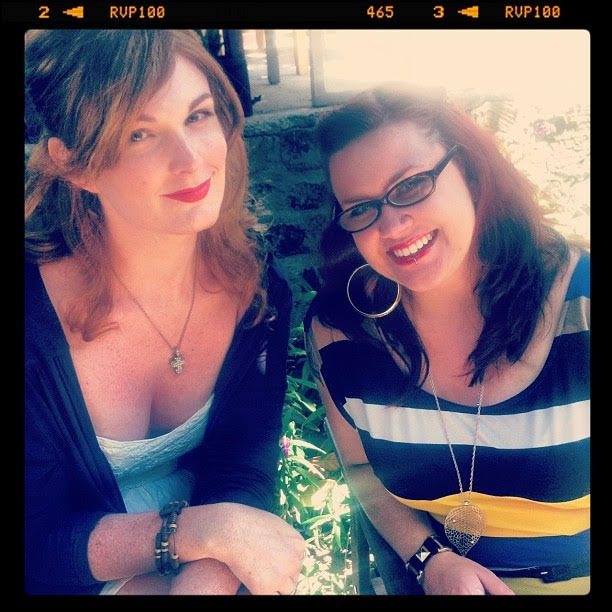
Tamra Lucid: Tell us about Queer Appalachia.
Mamone: Everyone needs to see positive images of themselves represented in media, everyone. Especially after this election cycle, people have been whittled down to stereotypes by the masses. Queer people from these regions are desperate for positive images of themselves that are grounded in truth and reality not stereotypes aimed at selling headlines. The concept of Queer Appalachia grew and evolved over the past year, a new name for the project materialized. As the group of contributors to this work expanded, we found ourselves no longer contained to just Appalachia, but the region of the South as well. These two areas, while having so many distinct differences, also contain many socio-cultural similarities, especially in regards to queer community. Whether in the coalfields of West Virginia or the forests of the long-leaf pine, the earth beneath us queers committed to collective liberation buzzes. We find ourselves both energized and grounded by that electric dirt.
QA started as a zine project, so often the rural parts of Appalachia & the south are depicted through “poverty porn” or by some gate keepers. With under-documented cultures and communities, there is often a gatekeeper. An archivist, sociologist, anthropologist, or historian decides who and what is documented and who or what is omitted from history. Someone with access to higher education and resources that many folks, especially in our impoverished region, do not have. This was an opportunity for misrepresented and under represented people to represent themselves. Shortly after we launched our social media, it became clear that we were going to be more than a zine. There were so many submissions the first few weeks, we had enough for a dozen zines. That’s when the social media became a IRT / IRL zine in and of itself.
Tell us about Bryn Kelly and how her vision informs Electric Dirt.
Bryn Kelly was an HIV-positive trans woman that grew up on the West Virginia and Ohio border, she was very accomplished artistically. She was a lambda literary fellow, published author, she had shows at the Whitney Museum & Visual AIDS . Her sense of home place was deeply rooted in her, she made quilts, baked goods from scratch and played the auto-harp in the Brooklyn queer country music scene. When she was introduced to zines when she was 16 years old, she was always coming up with ideas for zines. Electric Dirt in its first incarnations came about when she was 17, it was something that there was always going to be time for, that we would get to. After Bryn’s death in 2016 several of her friends came together to make this zine and honor her memory.
Please tell us what a Granny Witch is.
Granny Witches are a blending of Appalachian folklore and a modern day witch. Medicine women, bee charmers, midwives etc. can be traced back to this tradition from the Appalachian Hills to the swamps of the south. There are hard-core practitioners, some that dabble on even some of the traditions have bled through to customs . I grew up with my grandmother putting buckeyes in her pocket & my own for good luck on walks in the woods. I didn’t understand that it traced back to the Granny Witch Tradition until she was dead. The geography of Appalachia is very isolating, and it was even more so 100 or 200 years ago. People in the hollers were so isolated, they relied on midwives and medicine women instead of doctors. These people were very self-reliant they didn’t have a choice, if they didn’t grow it, hunt it and can it, they didn’t eat. Spirituality, folklore, superstition melted into a way of life that lead to customs and traditions like that Buckeye. Bryn Kelly identified as a granny witch. One of the many things that this project has shown me is that there’s so many incarnations of this, dirt witches , swamp witches, bayou witches etc
What inspired the collaborators who created Electric Dirt to realize Bryn’s vision?
Luckily Bryn was never short on opinions or expressing them. At the beginning, the people involved grew up with Bryn or were close friends of her. At first our primary goal was to make something that Bryn would love but you could also see her in if you knew her. Bryn was very verbal that she felt “burned by academia”. She felt there needed to be some balance with the academic elitism that often is the loudest voices within marginalize subcultures. She saw academia as an accessibility issue, that was a big part of her identity. All of that gave us a place to start, a foundation if you will. Once we went public and we started to get feedback from the community about what they needed and wanted, it started to grow from there.
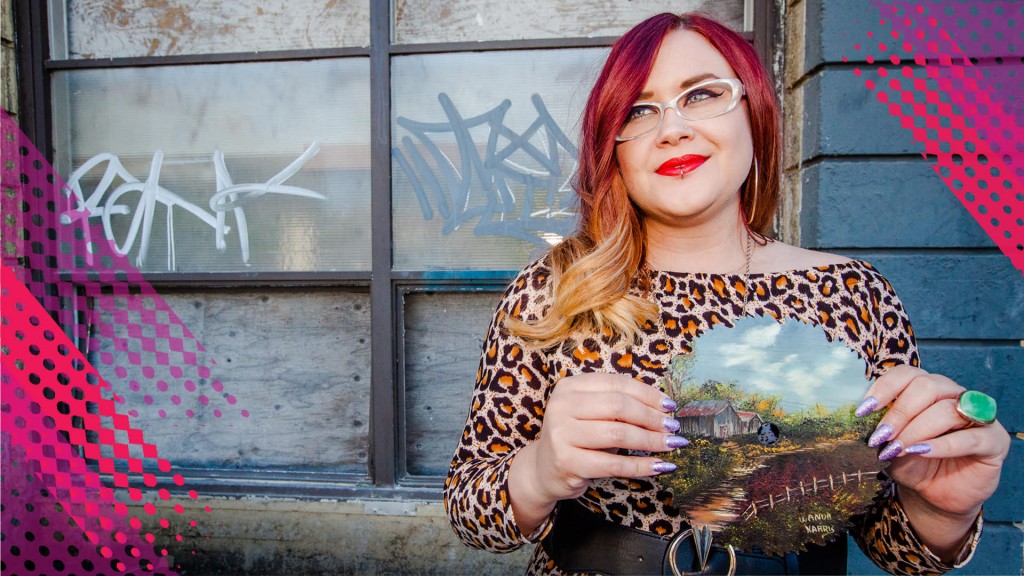
Tell us about Amanda Arkansassy Harris.
Amanda was southern! She was a brilliant photographer, activist and artist. Her identity politics where the foundation for a lot of her work. Amanda died less than a year after Bryn. Amanda co-curated the national queer arts festival, was a lambda literary award winning author and one of the few people making national work around rural/country queer identities. Everything about her was sparkly, literally and metaphorically. Amanda, like Bryn had a huge heart for her community. The two were good friends.
How does isolation impact queer community in Appalachia and the South?
The geography is isolating, sometimes people have to drive a few hours round-trip just to be able to have dinner with friends or go on a date. As we become more dependent on technology the region(s) encounters new types of isolation. Most of the places that we’re talking about are blue-collar working class communities where people might not always have the disposable income for the latest technology and gadgets. Age is also a factor to consider in isolation, not just geographically but with technology also. As we become more dependent on dating / hook up apps, there are less gay bars and meeting spots. Older people that might not feel comfortable with or have access to this technology, folks in the regions can be impacted severely by this type of isolation.
What are some of the other location specific problems faced by queer folk in Appalachia and in the South in areas such as employment and education but also drug addiction and violence?
I think most folks are familiar with the broad strokes of this question, Trump built the foundation of his campaign on it. One thing we don’t often hear about are the politicians from this region. One of the main reasons why things have gotten so bad decade after decade have been the long line of politicians who’s own interest outweighed that of the people that voted them in. If any of them were truly different we would see changes in the states from these region(s). My home state: West Virginia, is known as an extraction state, that it’s technical name because of it’s rich minerals in the earth. It’s the last colonial state, the people that own the coal mines, they don’t live there. There are reasons that other economic opportunities don’t come into the state, why coal is the only game in town. Elected officials make a lot of promises to get elected, in the end nothing changes though. If you were to drive through my hometown you would see that coal sponsors everything from the local Little League games to the cities official holiday party.
I have a hope that what has happened in the past year will inspire more people to run for public office. We need less legacies and more people with experience living paycheck to paycheck in those positions of power. Mother Jones (kick ass feminist, workers rights, activist) said “West Virginia has never known piece because it’s never known justice” whenever I read that I think about the political climate in the state.
How has the election of Trump impacted queer people in the South?
All of these bathroom laws do not just impact the trans people of these communities. When the government, whether it be national or state start policing gender presentation it impacts everyone who doesn’t fit into a cookie-cutter definition. This isn’t just trans gender / gender queer / non-binary folks. Any person entering a woman’s bathroom with short hair that is not dripping in femininity is going to get a double take, hopefully that’s all they’re going to get. Prior to the election over 500 religious freedom/bathroom bills had been filed in the region(s). Folks were on edge before hand, scared to go to the bathroom at places where they were patrons etc. incidences of bullying, harassment and hate crimes were off the charts prior to the election, now they’re through the stratosphere. This has led to people organizing, getting connected and defending their rights. This project has shined a light on a demographic that I wasn’t aware of before that is impacted by Trump’s presidency in the regions in ways that I can’t even fathom. I was always so focused on myself, my reaction to the bumper stickers, my reaction to the signs in the yards as I drove past making me feel not welcome in my own community. I never thought about the kids that were in those cars, that were living in those houses until they started writing in to QA. There’s a whole generation of queer people in these region(s) that think it’s not OK to come out to their family because of this election. I was so concerned about not feeling welcome in my own community I never thought about the people that weren’t even welcome in their own homes & families. The impact of Trump’s presidency on rural queer folks is unfathomable, but especially on children who are in the process of coming out to themselves.
How has the response to your call for content gone?
The responses has been overwhelming, it was clear within the first two weeks that we had more content that we knew what to do with. We just started posting it, turning our social media feeds into a constant in real time zine.
You are crowd sourcing twice what you need for the green ethical first printing of Electric Dirt so that Queer Appalachia can give microgrants to QTBIPOC led projects in the South. Do you have any specific ones in mind?
We feel the most responsible thing we can do is to get artists in organizations that have already been doing similar work and are far more established then we are to help us put it where it’s most needed. At this time we’re letting folks submit names of organizations and projects for the funds to go to, the collective will vote on it. We feel it’s time that people start having conversations and dialogs around social equity. We believe Whatever access we have, through our work, our projects, our social circles, our community, our bank accounts ~ we need to be able to share those resources and be open to restructuring oppressive systems, especially the ones in our own lives. If we can’t do the very things we are asking the rest of the country to do, how do we expect to change their hearts & minds? If we want the world to change, we have to be willing to change our own world.
With some queer folk embracing the term hillbilly and others rejecting it how does Electric Dirt navigate that boundary?
It’s safe to say if you get called that, more than likely it’s an insult. Hillbilly is definitely one of those hot button terms, especially with JD Vance’s best-selling New York Times book Hillbilly Elegy newly out. It’s also one of those terms that you can call yourself but it’s really not OK if someone else does. Our goal is to create a platform and a safe space for the community to be themselves and explore their truth. At the same time we hope to redefine what the word is, away from those negative cultural stereotypes. With the election of President Trump I see more journalism, meme’s and social media fodder that equates his supporters as uneducated, rural, hate mongering, intolerant sheeple. The word hillbilly has become shorthand for so much more than it ever was before.
A priority of the project is to not just show but highlight the social justice based resistance happening in the region. Through feedback I’ve learned this project is important to combat those stereotypes, not just to the rest of the world but also for the folks that live here, to know they’re not alone. As we discussed it to be pretty isolating. It’s hard to have different political views than your family, community and employer. The first week after the election I got dozens of emails from people who were horrified that their family and community had voted their rights and safety away.
Our targeted region(s) have the highest documented conservative Christian population in the country, a dependence on fossil fuels, the highest addiction and fatality from addiction rates in the country, it’s home for the majority of NRA members, confederate history… the people from these regions are in the trenches of the culture war. Perhaps even more so now that a president has gotten himself elected to office under the premise of their best interest. Rural queers have a very unique perspective, they’re able to have a foot in each world. They understand fossil fuels like coal and fracking do a immeasurable damage to the environment. Simultaneously, they know what it’s like to live in poverty, how lucky it is to have that job in the coal mines, how hard you work to keep it etc.
These people understand how much help legalized hemp and legal medical marijuana could be to impoverished regions of Kentucky and West Virginia all the while knowing these regions also have the highest addiction and fatality rates from opioids in the country. They know there are all types of educations, not just the kind that give you diploma. They know how much their home place and region would benefit from high-speed Internet that is a standard everywhere else all while knowing so much of the population can’t afford devices to even use it. Rural queers know how to live with & navigate these hard truths with integrity and style. Now with President Trump in office they have to do it better than before and like their life depends on it because it kind of does.
